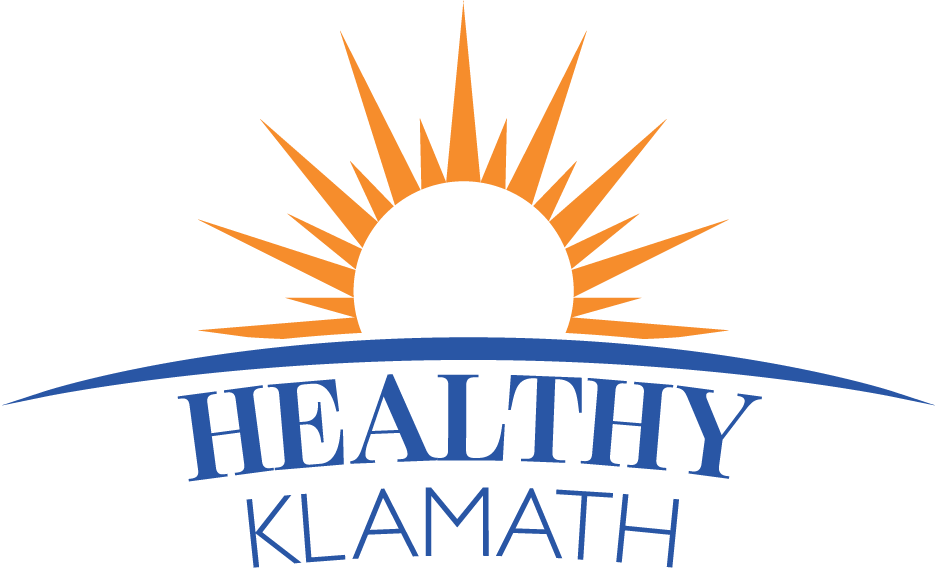The Surprising Impact of Gratitude on Mental Health
By Abbie McClung
Director of Communications, Klamath Basin Behavioral Health
“There is a crack in everything, that’s how the light gets in. ”
Are you ready to feel grateful for new information? You might be surprised to learn that the simple practice of gratitude can have lasting positive effects on brain health. Practice makes perfect, and every time you take a moment to think about something you are thankful for, you are taking charge of your own mental health.
Expressing gratitude does not have to be complicated – simply being mindful of fresh air, a good conversation, shelter, or food to eat can make your day better. And when you do this every day, you might just improve your mood and mental health over time.
A research report from the Greater Good Science Center shared the impact of gratitude on nearly 300 young adults seeking mental health counseling. The individuals in the study were looking for support for struggles related to depression, anxiety, and other mental health challenges.
The study questioned whether writing letters of gratitude could improve mental health. Participants engaged in counseling were put into three different groups: 1) counseling only, 2) counseling plus writing letters of gratitude, and 3) counseling plus writing letters expressing feelings about stressful experiences.
Here is what they found:
Writing about the people and things you are grateful for moves attention away from negative words and emotions. Practicing gratitude lends itself to more positive words and emotions and can improve mood and mental health.
Thinking about the people and things you are grateful for helps you feel more positive and appreciative even if you don’t send the letter or say it out loud. This means the simple act of journaling has a positive impact on your mental health.
Expressing gratitude takes patience and practice. As you continue this exercise over time you are more likely to experience the mental health benefits.
Practicing gratitude can train your brain to look for opportunities to be thankful and create lasting positive effects on your mental health.
This research tells us that we have a fast and free opportunity every day to take charge of our own mental health. Our simple task is to write a few words about the people and things we are grateful for. This can be in the form of journaling or writing letters - whether you send them or not!
Ready to try it? Start small and list three things you are grateful for today. Repeat this for the next three months and check-in with yourself to see if it’s helping.
Y. Joel Wong, Jesse Owen, Nicole T. Gabana, Joshua W. Brown, Sydney McInnis, Paul Toth & Lynn Gilman (2018) Does gratitude writing improve the mental health of psychotherapy clients? Evidence from a randomized controlled trial, Psychotherapy Research, 28:2, 192-202, DOI: 10.1080/10503307.2016.1169332


